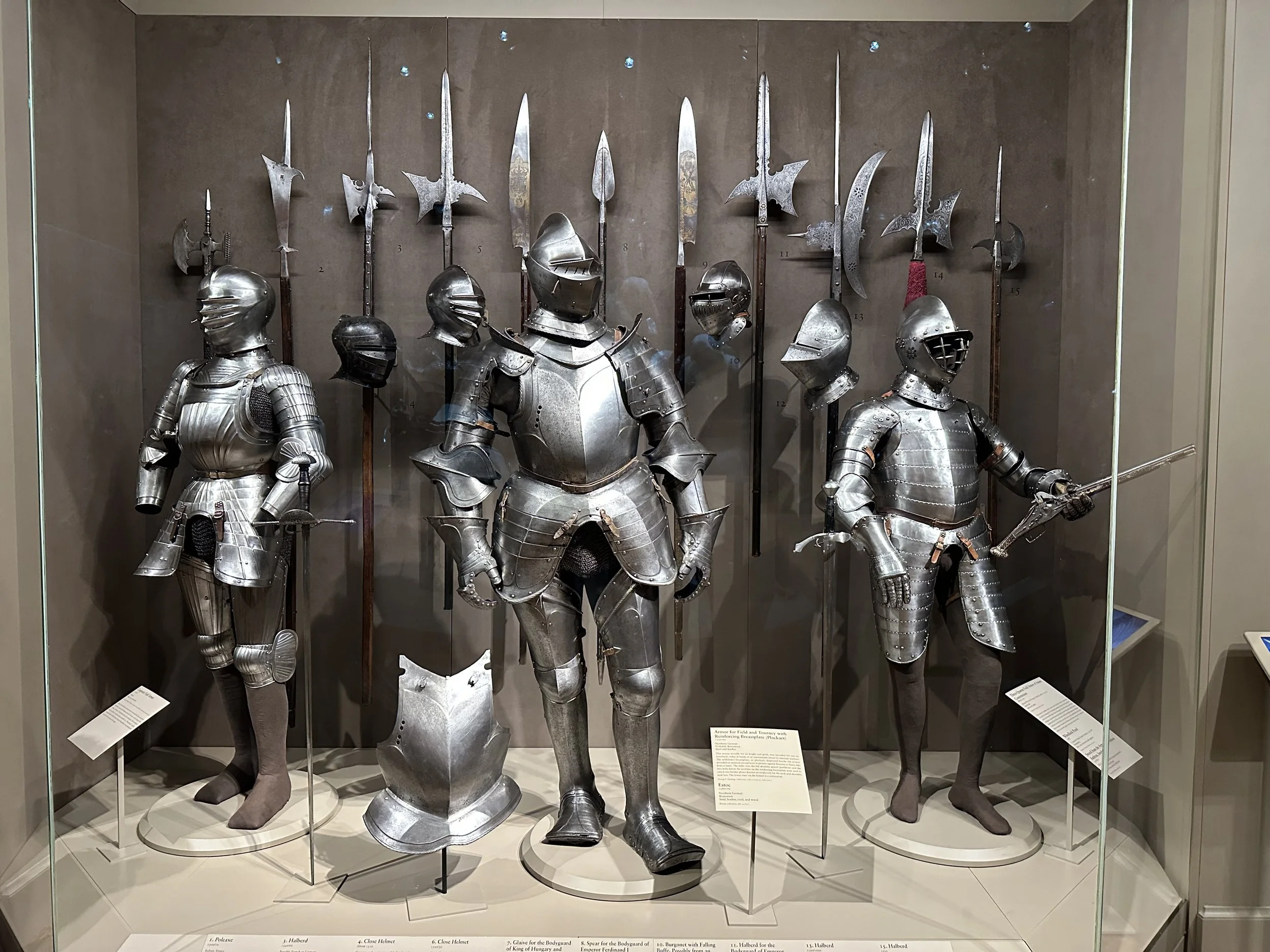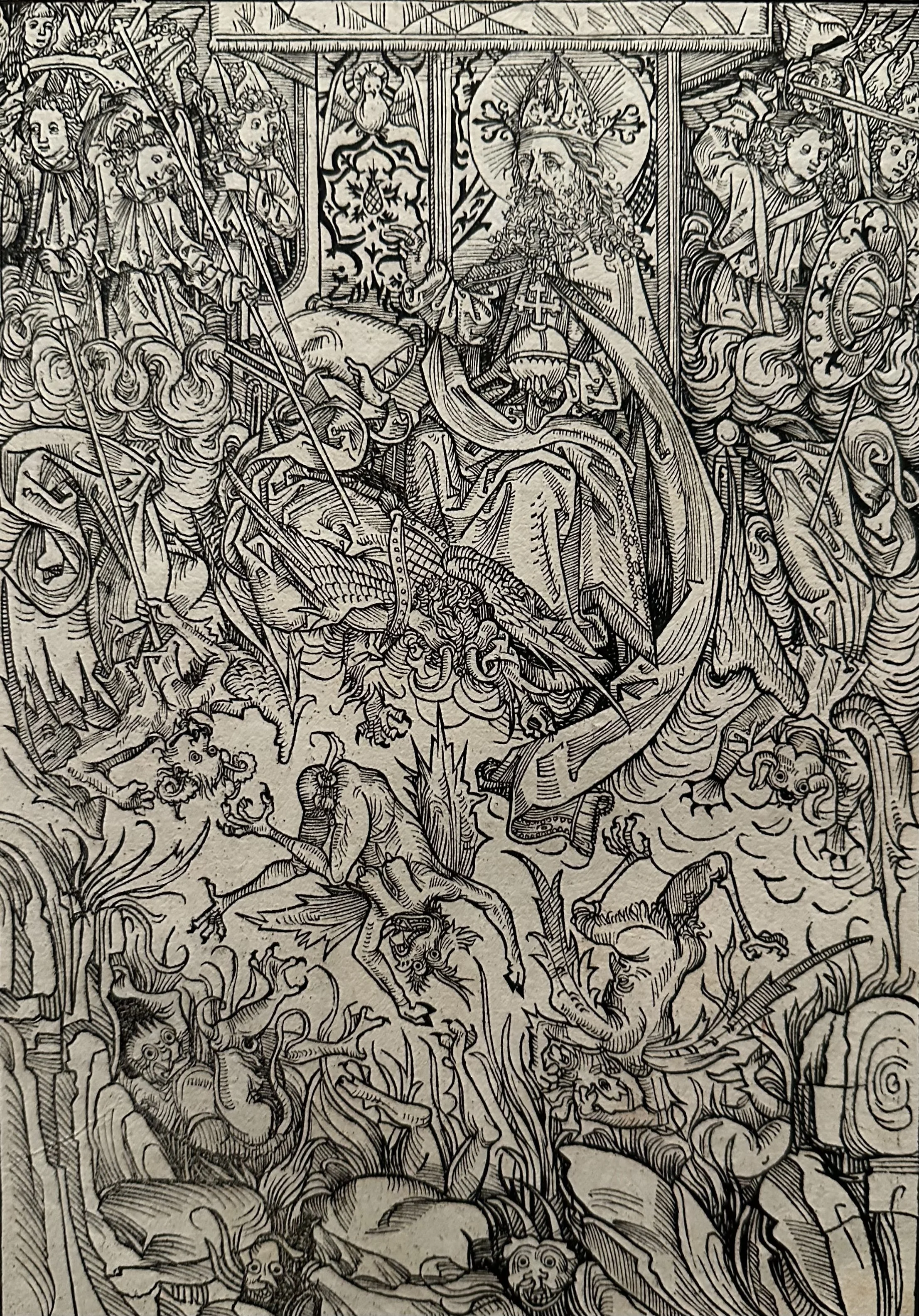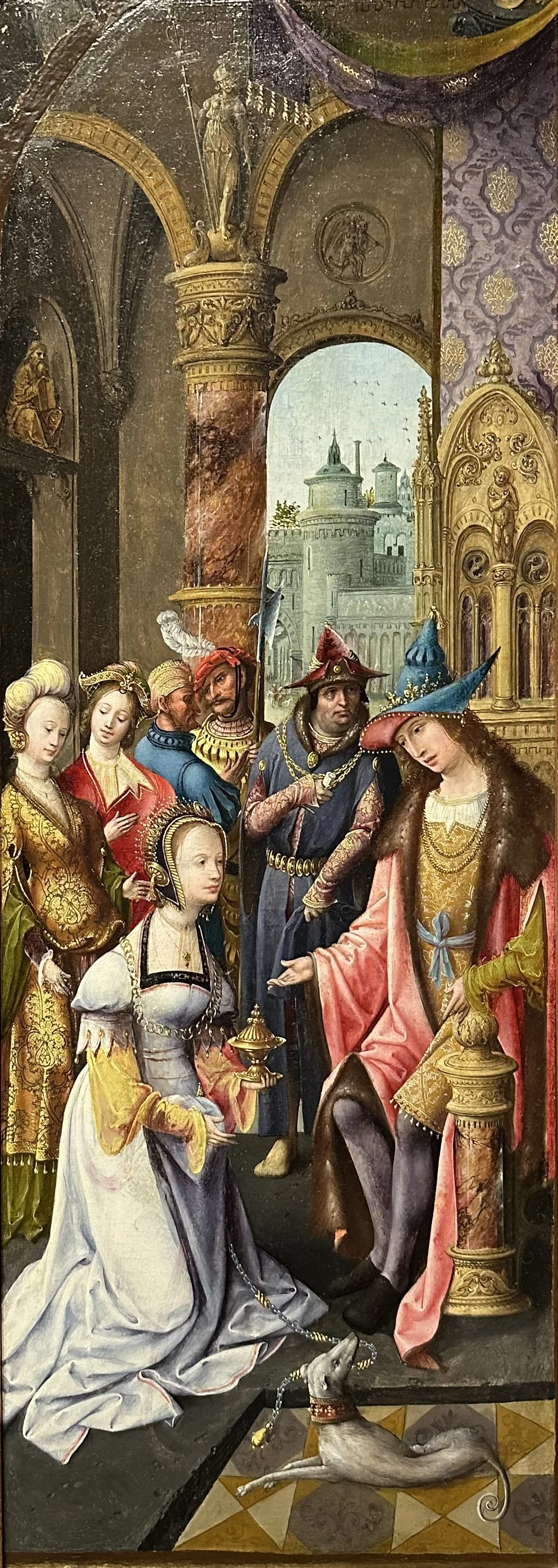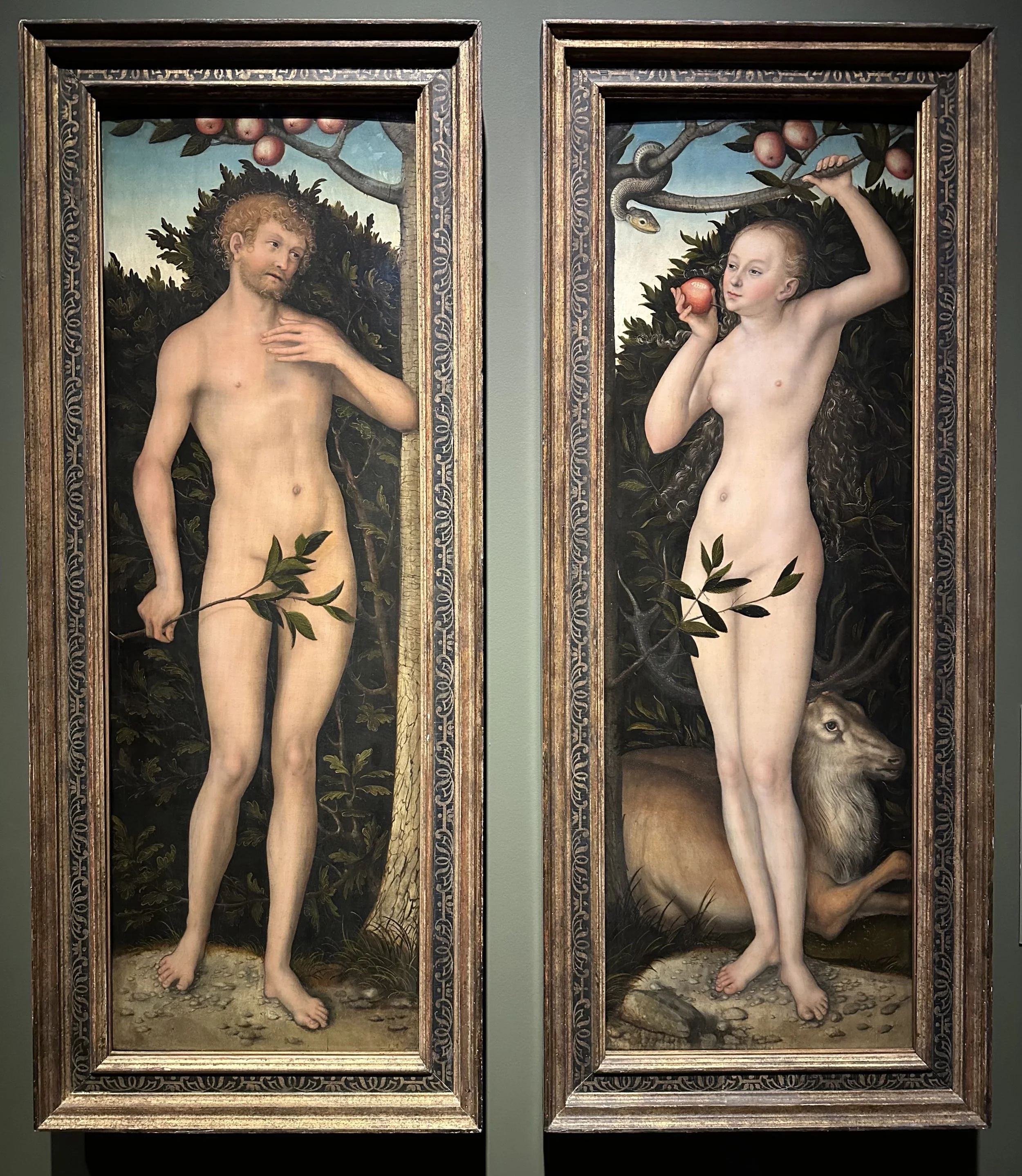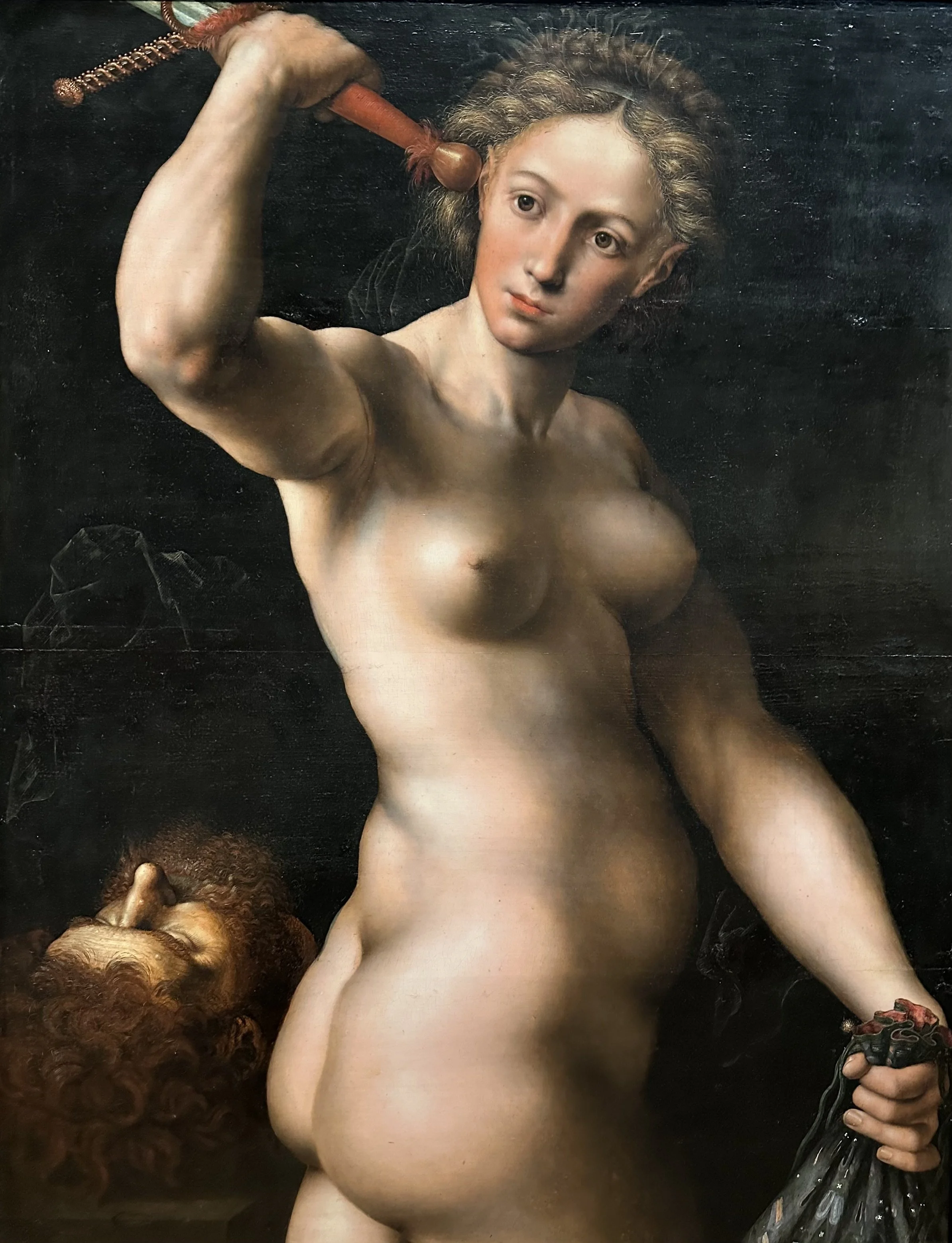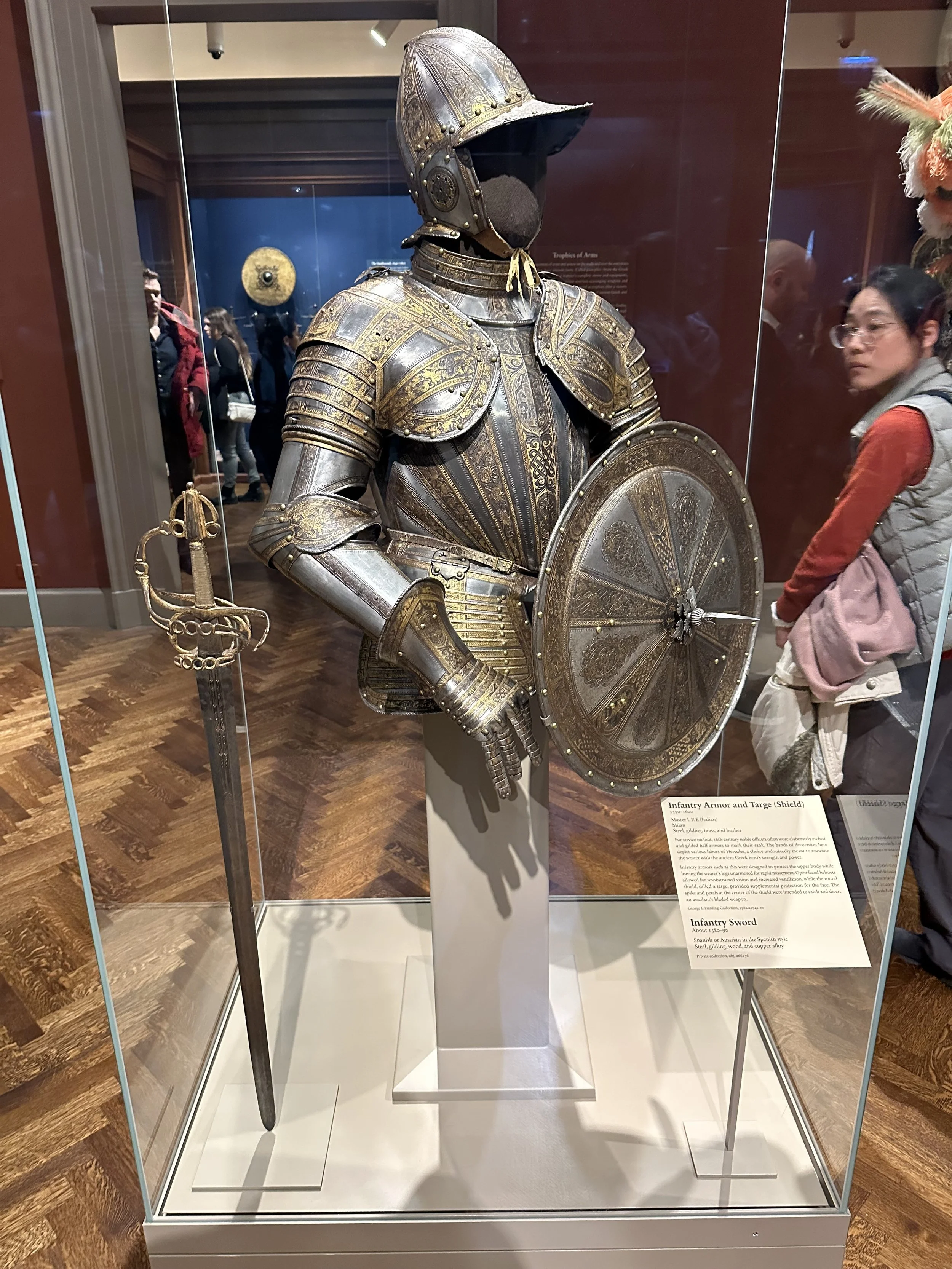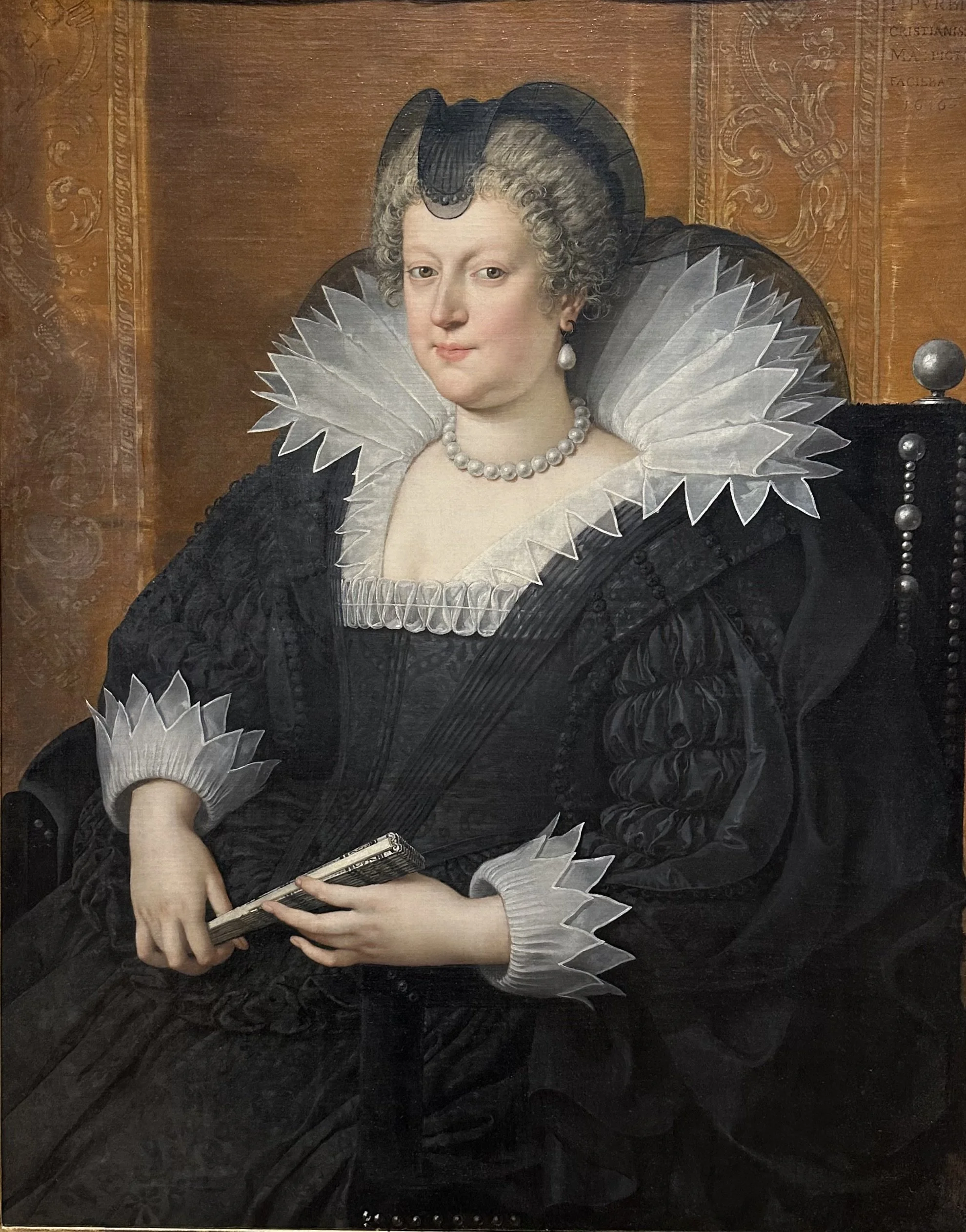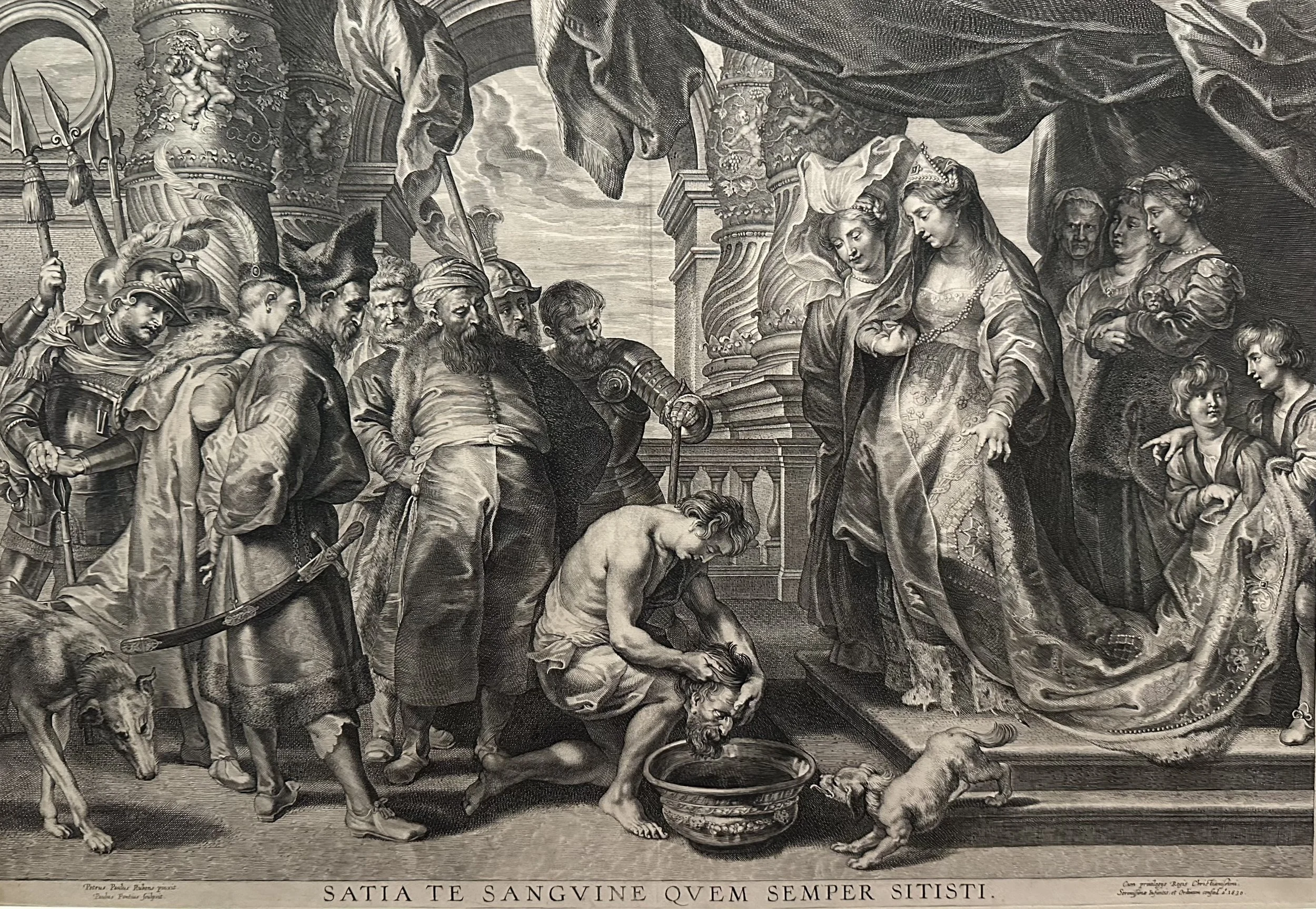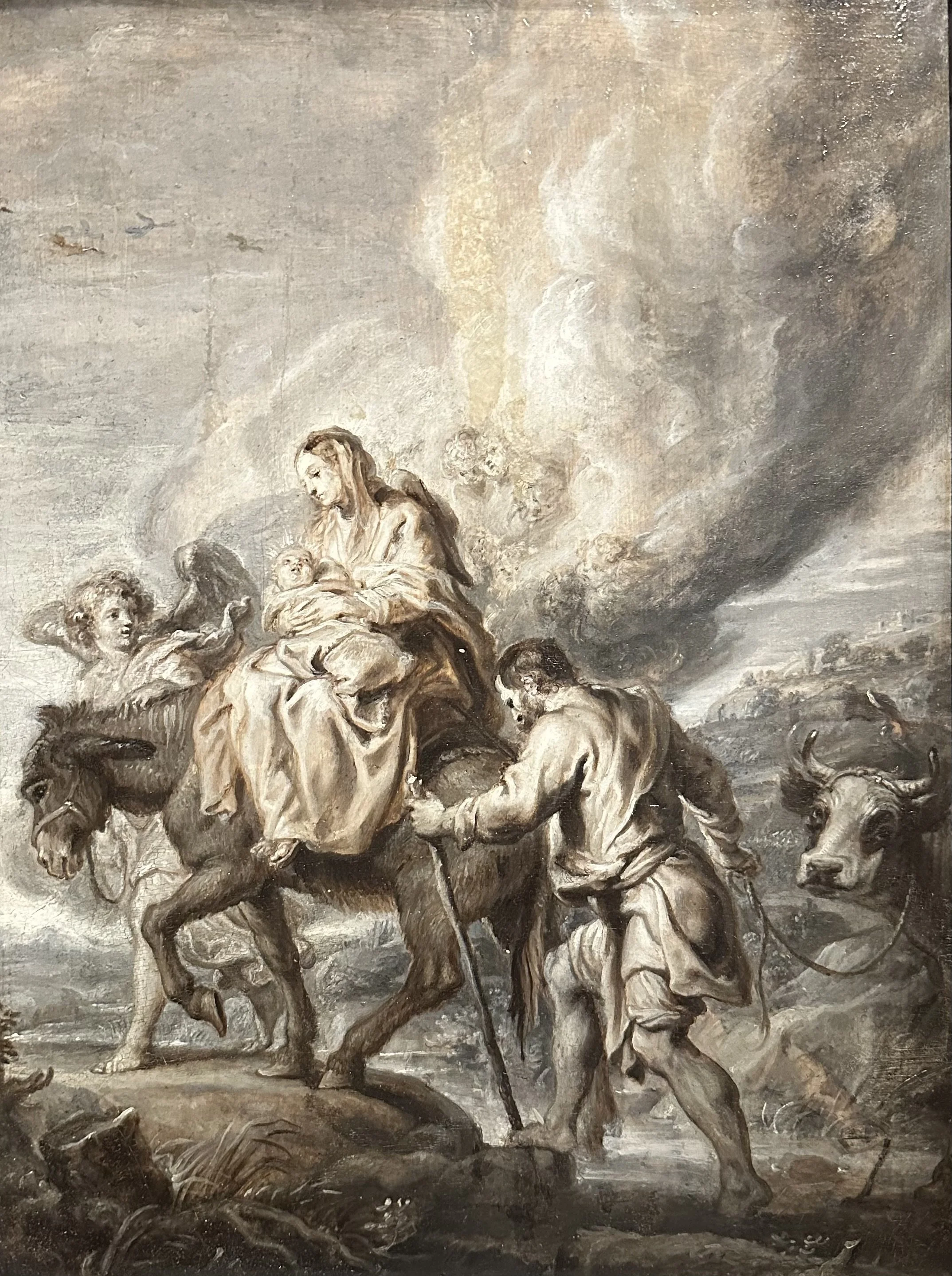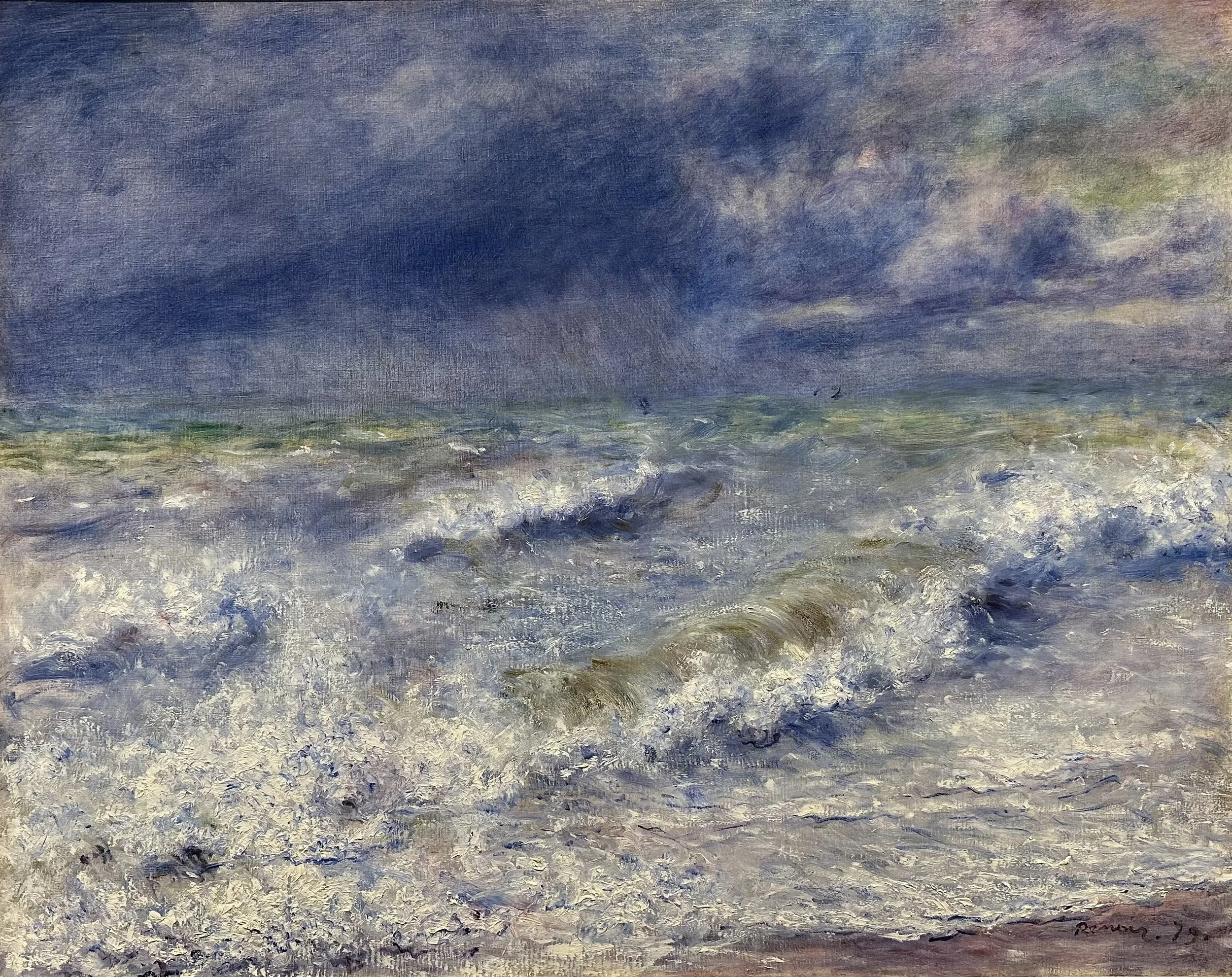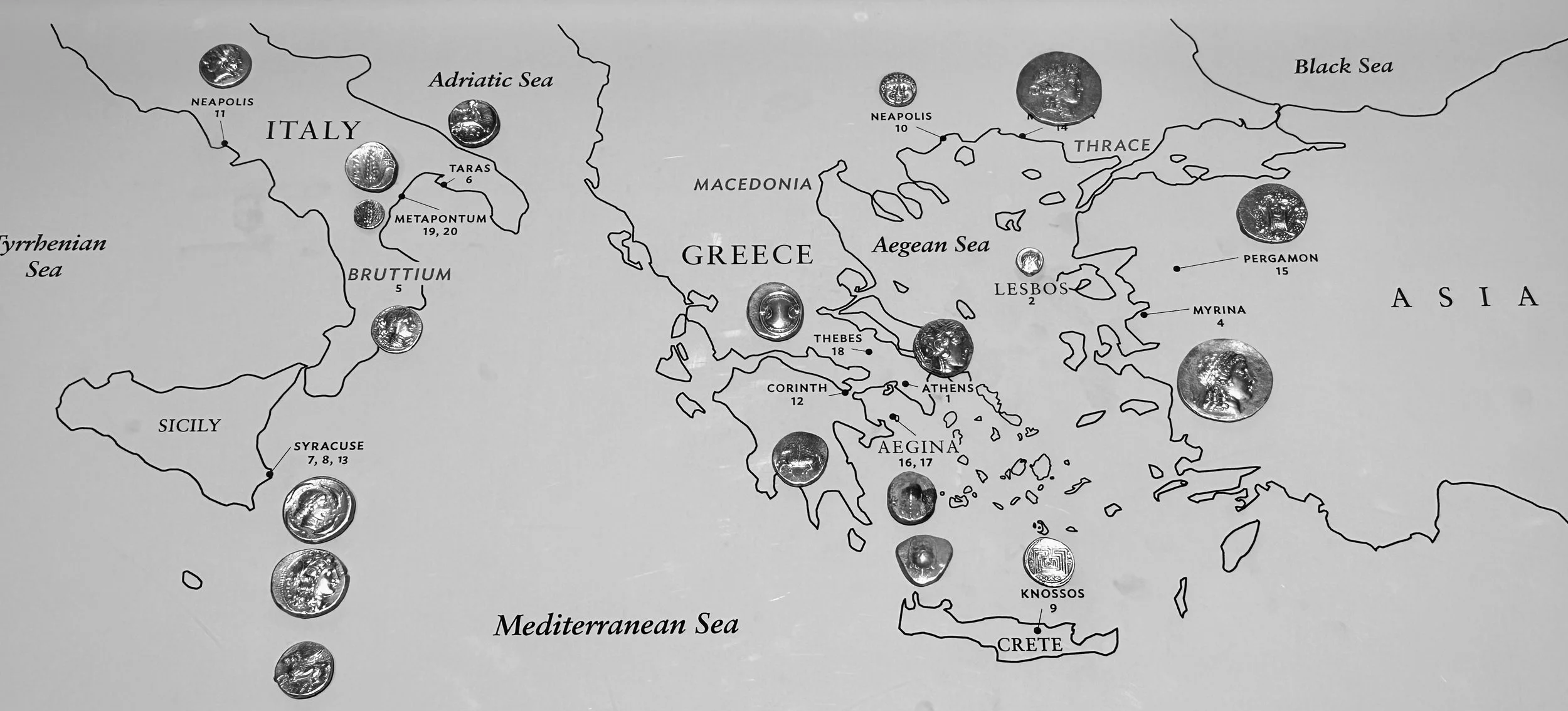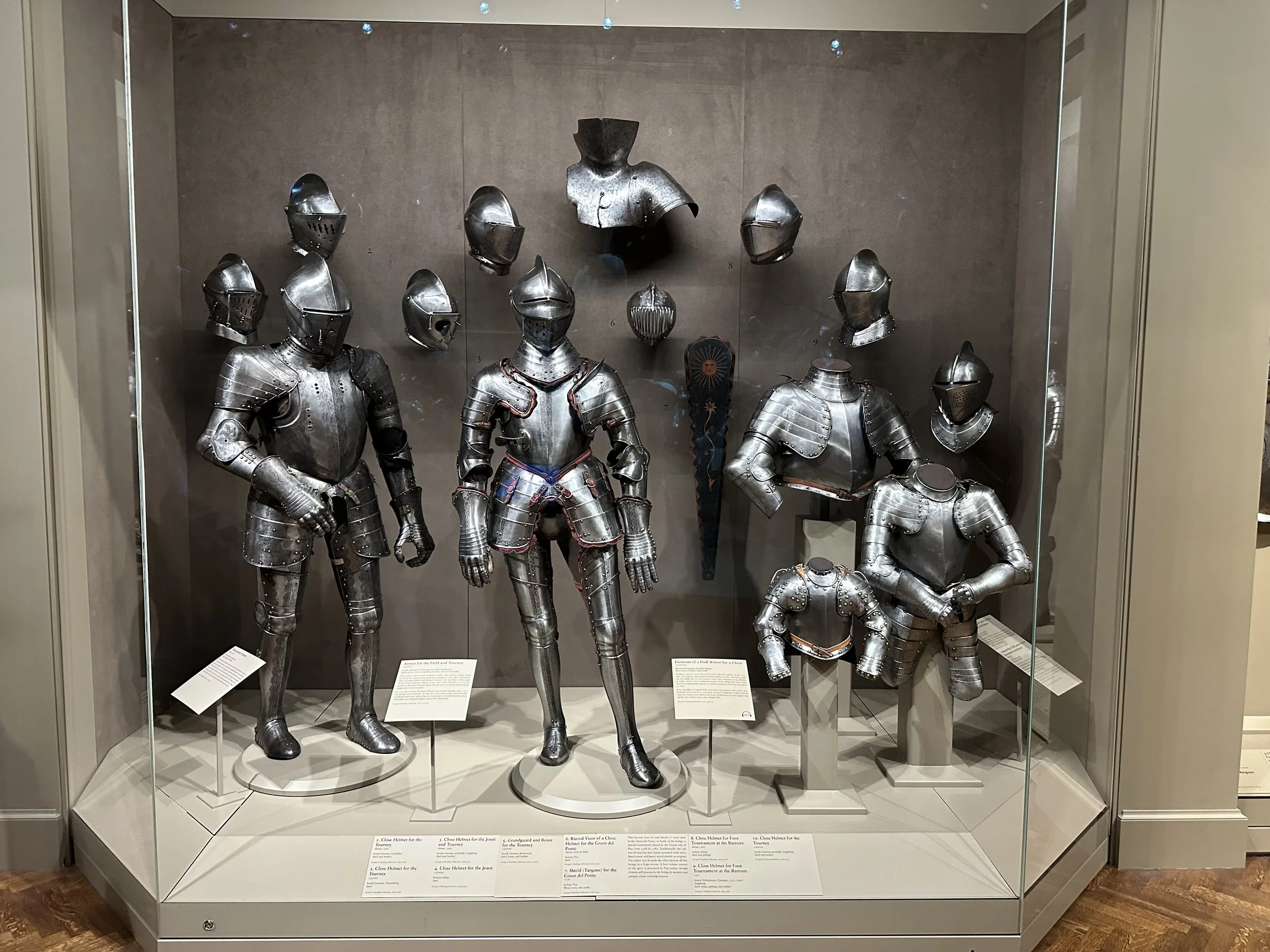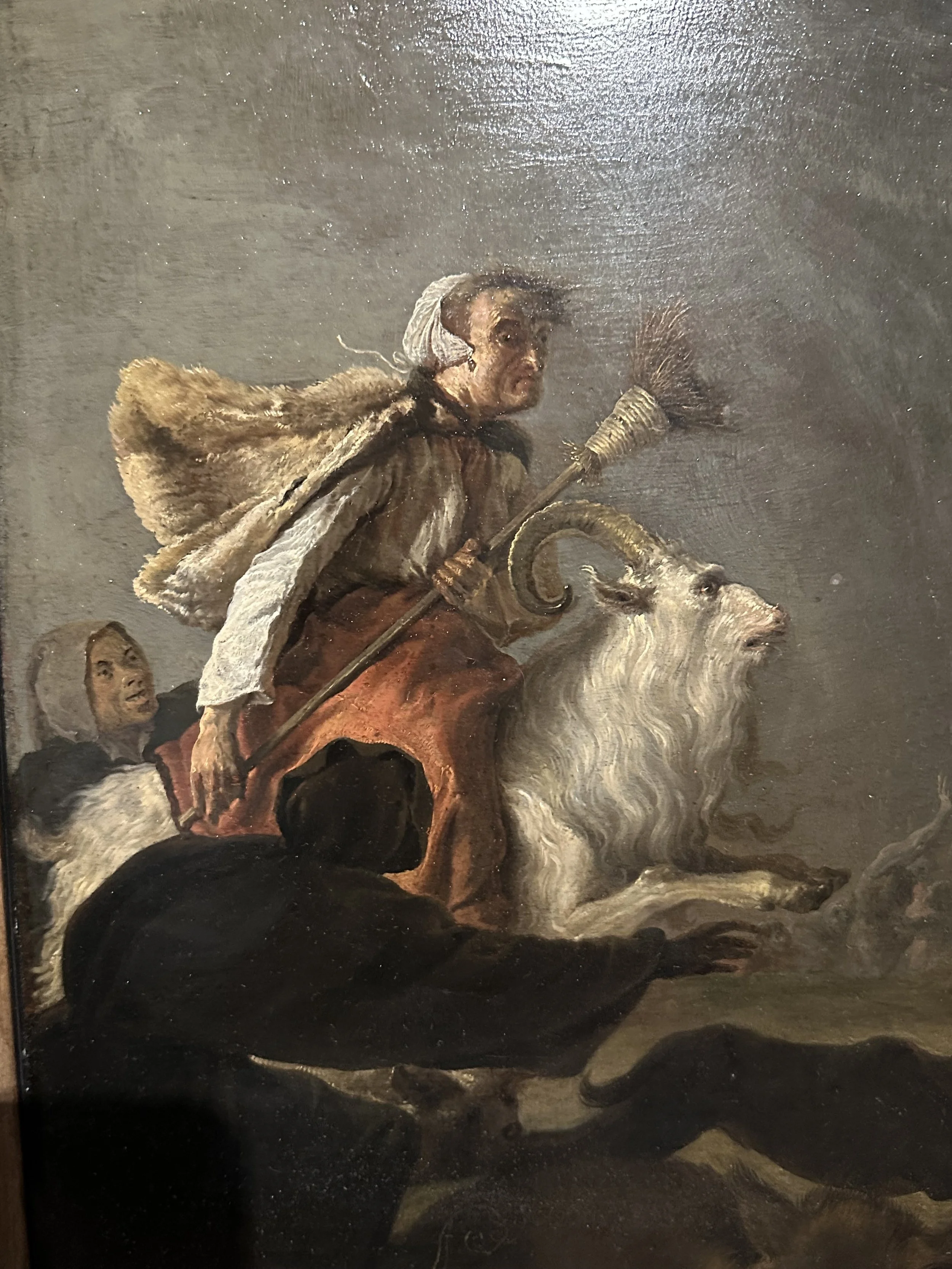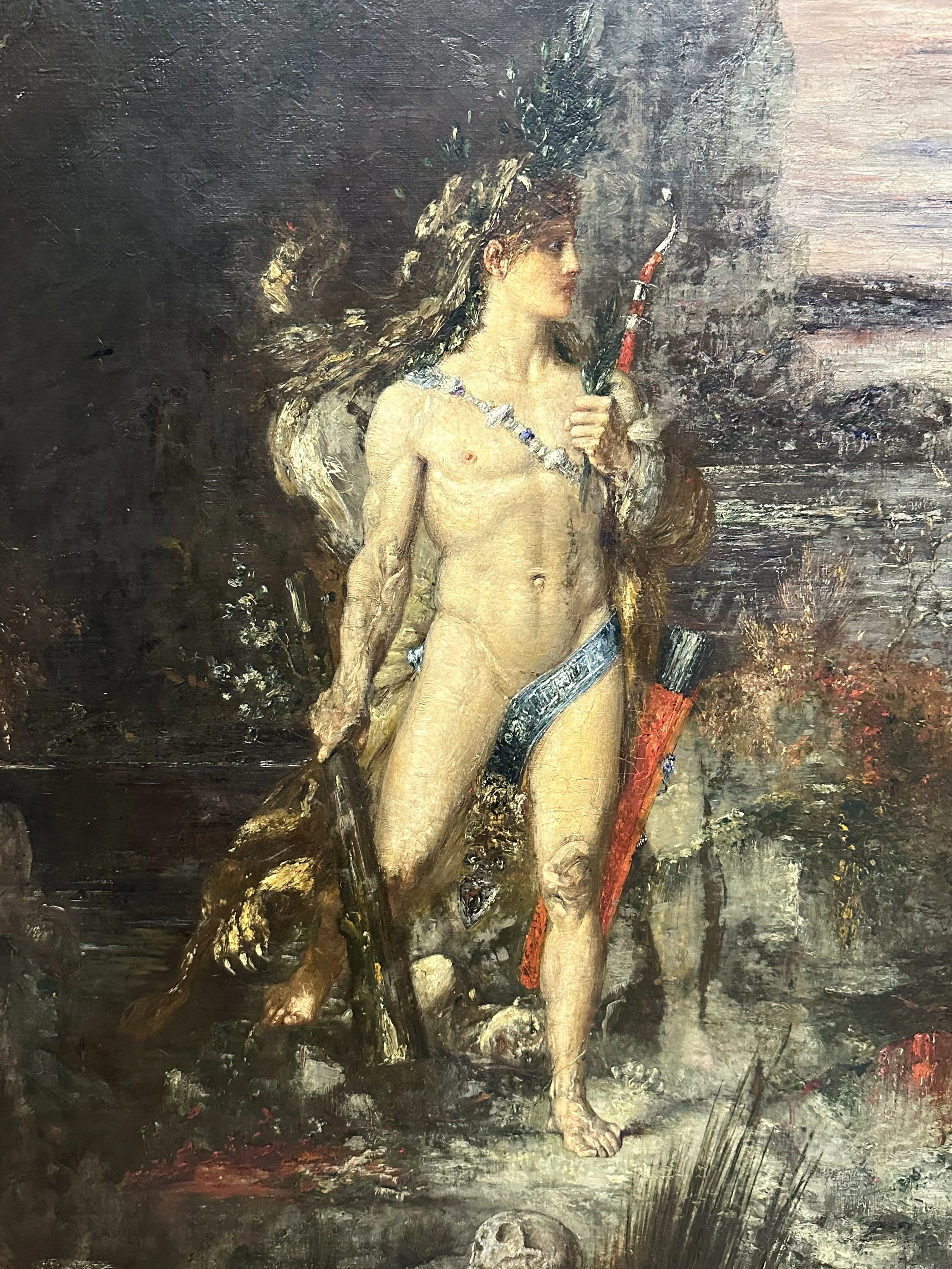Art Institute of Chicago
Ref: Art Institute of Chicago. Chicago, IL.
___________________________________________________________________________
Chronology
1833: The British government pass the Emancipation Act, freeing all slaves (Art Institute of Chicago).
1648: The majority Protestant Northern Low countries form the Dutch Republic and declare their independence. From this new republic, Amsterdam emerges as Europe’s major hub of international trade, a center for publishing, and an important experiment in relative political and religious diversity (Art Institute of Chicago).
1560s: The Protestant citizens of the Low countries (modern Belgium and Netherlands) revolt against their Catholic Spanish Habsburg leaders (Art Institute of Chicago).
1585: Spanish Habsburg forces regain control of Antwerp, and with it, the southern provinces return to Spanish governance. Consequently, the Low countries split into the Protestant Dutch Republic (modern Netherlands) and the Catholic Spanish Netherlands (modern Belgium) (Art Institute of Chicago).
5c BCE: Life of Buddha, whose exposure to profound human suffering prompted his transformation from the sheltered Prince Siddhartha into an enlightened being and teacher. He preached a code of moral conduct to escape the cycle of pain and rebirth (Art Institute of Chicago).
497-405 BCE: Life of Sophocles, Greek playwright, whose surviving works include “Oedipus the King” and “Antigone” (Art Institute of Chicago).
510 BCE: Rape of Lucretia; Tarquin, son of the King of Rome, rapes the virtuous Lucretia, inciting the Roman people to overthrow the monarchy and establish a republic. Lucretia is hailed a hero after committing suicide to avoid any perceived dishonor to her family (Art Institute of Chicago).
___________________________________________________________________________

